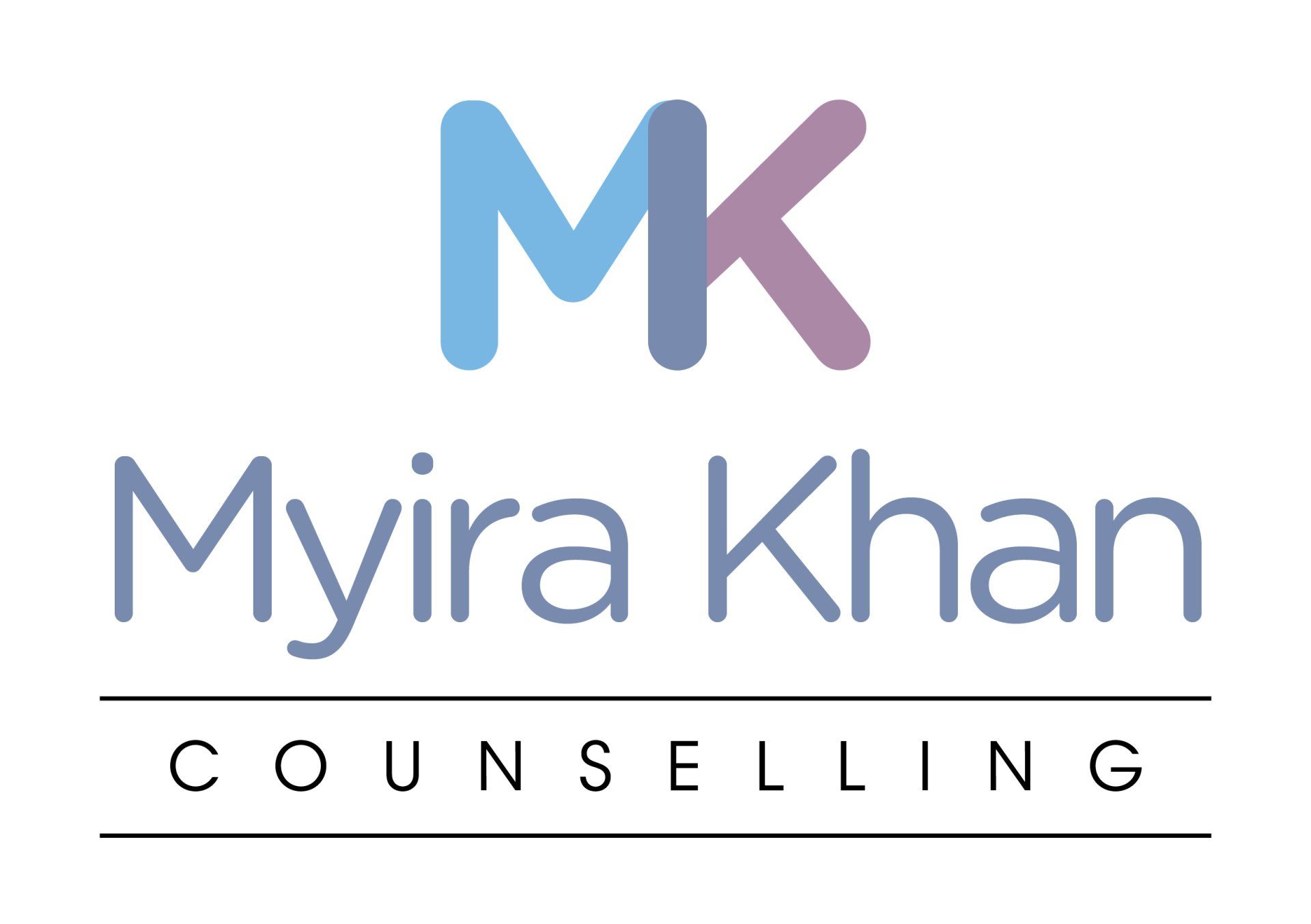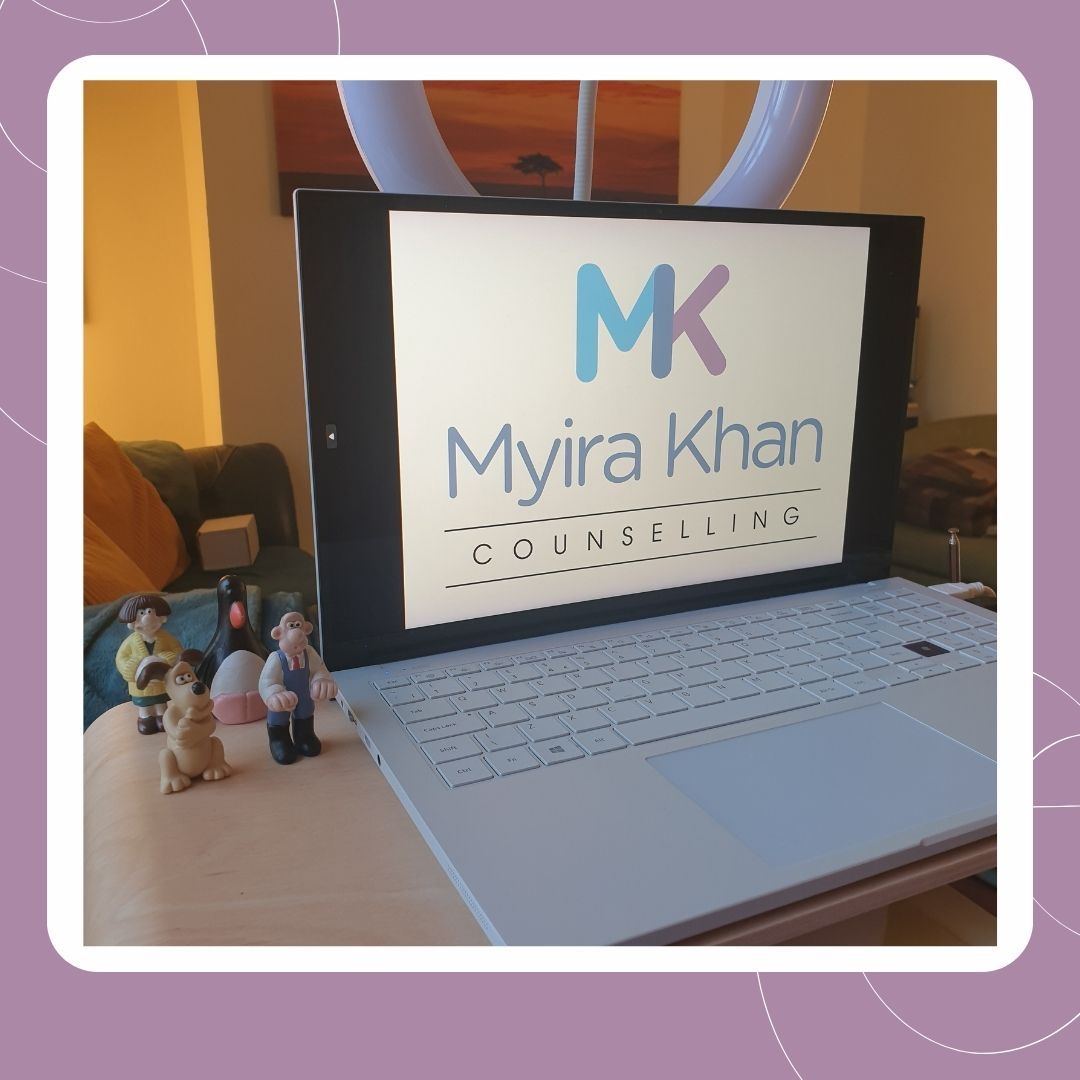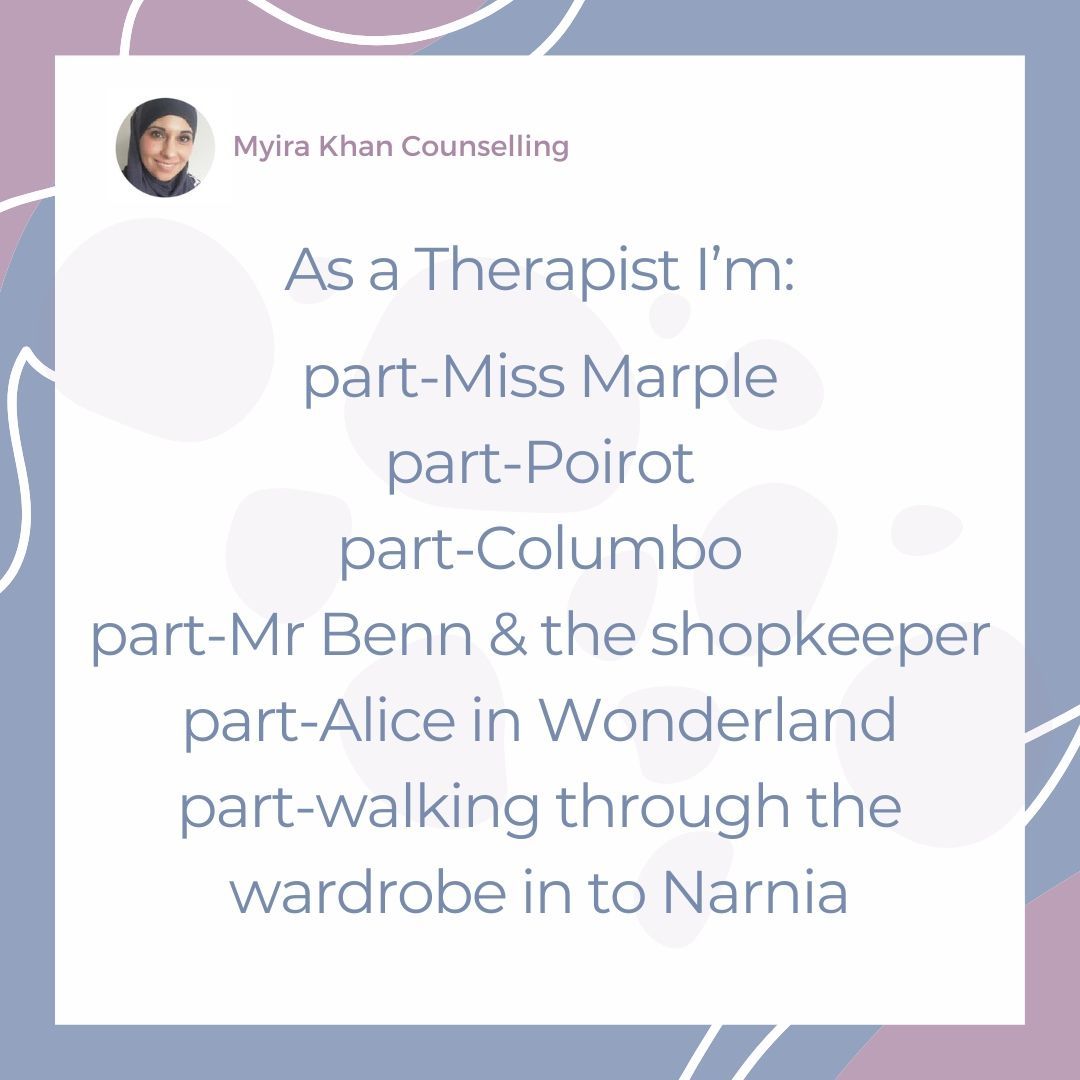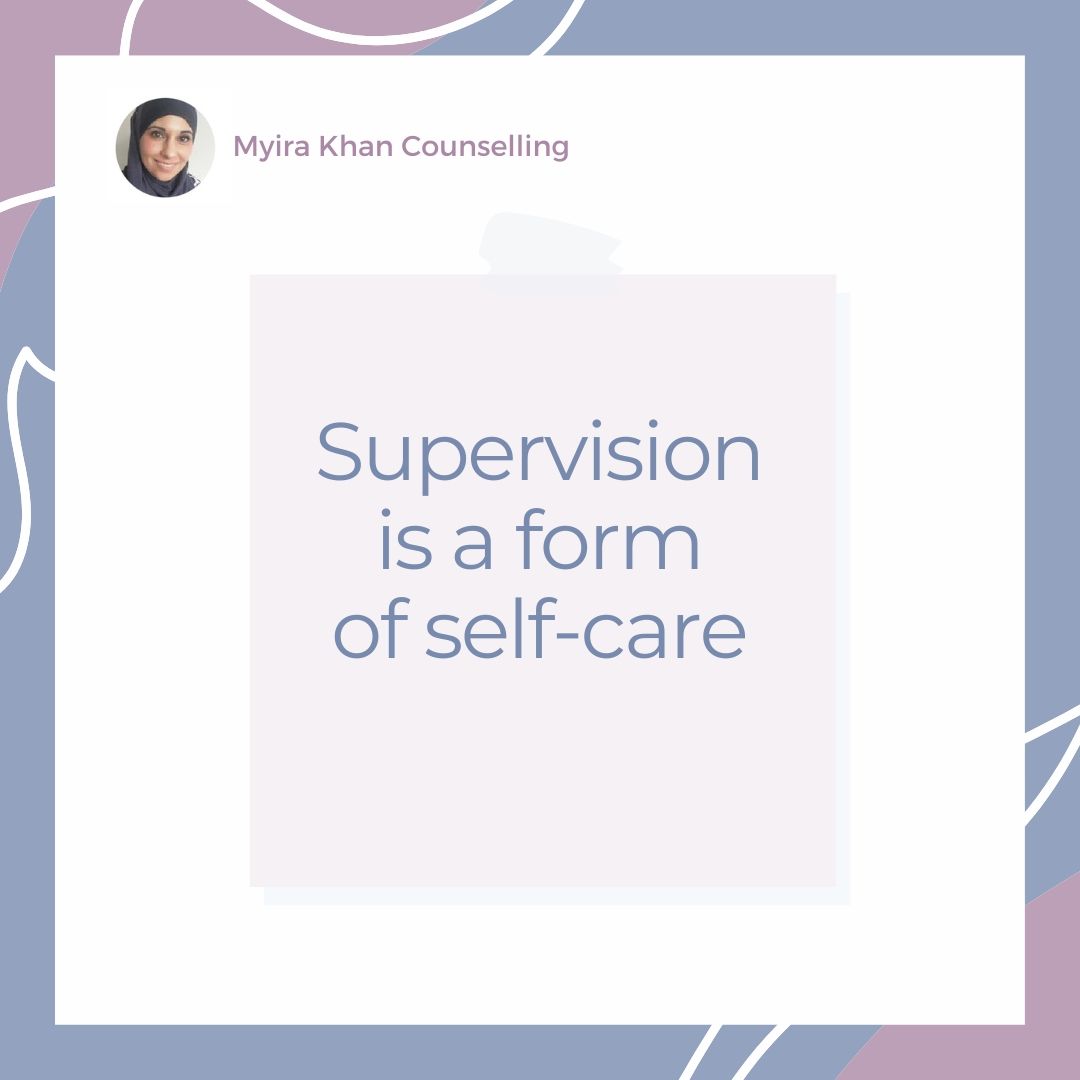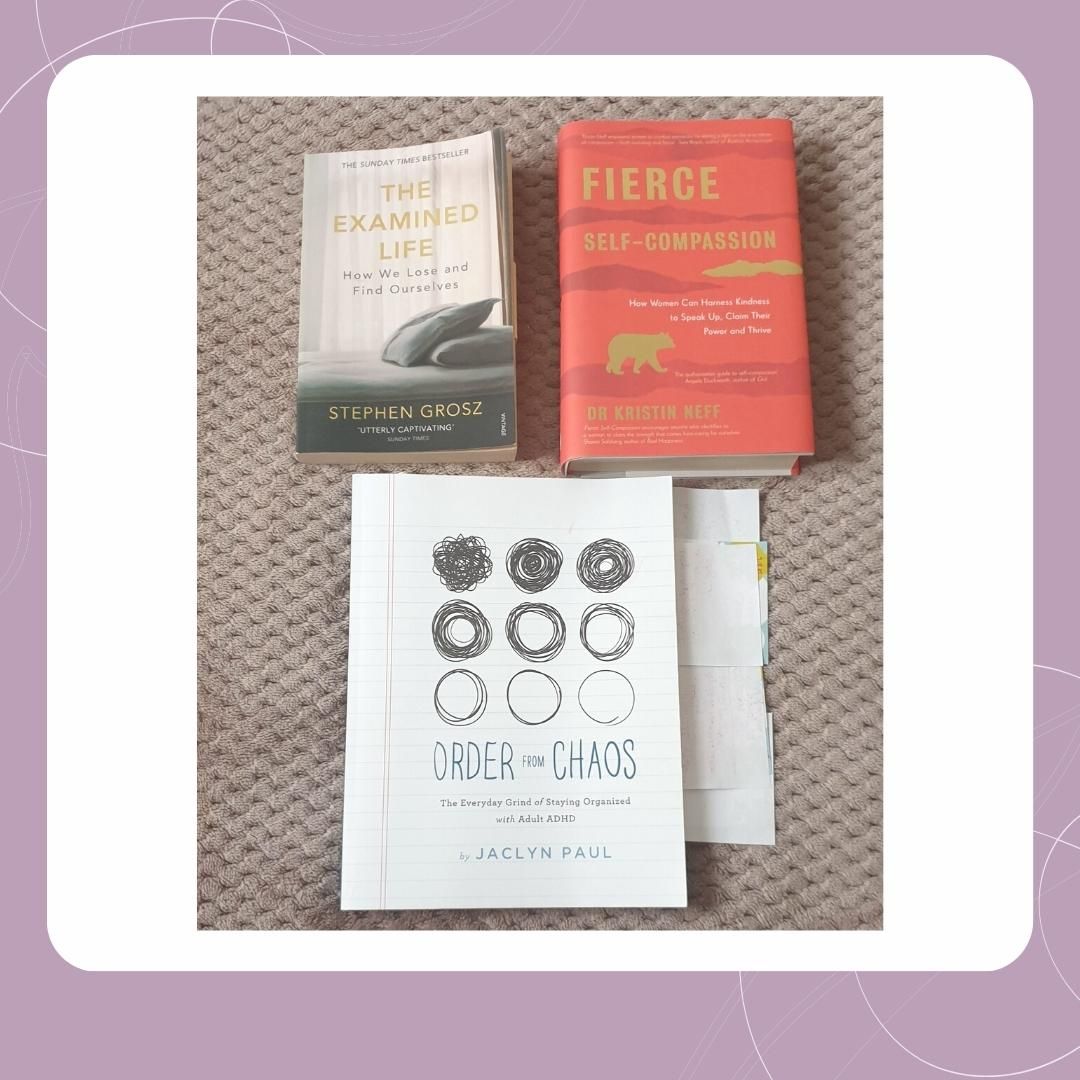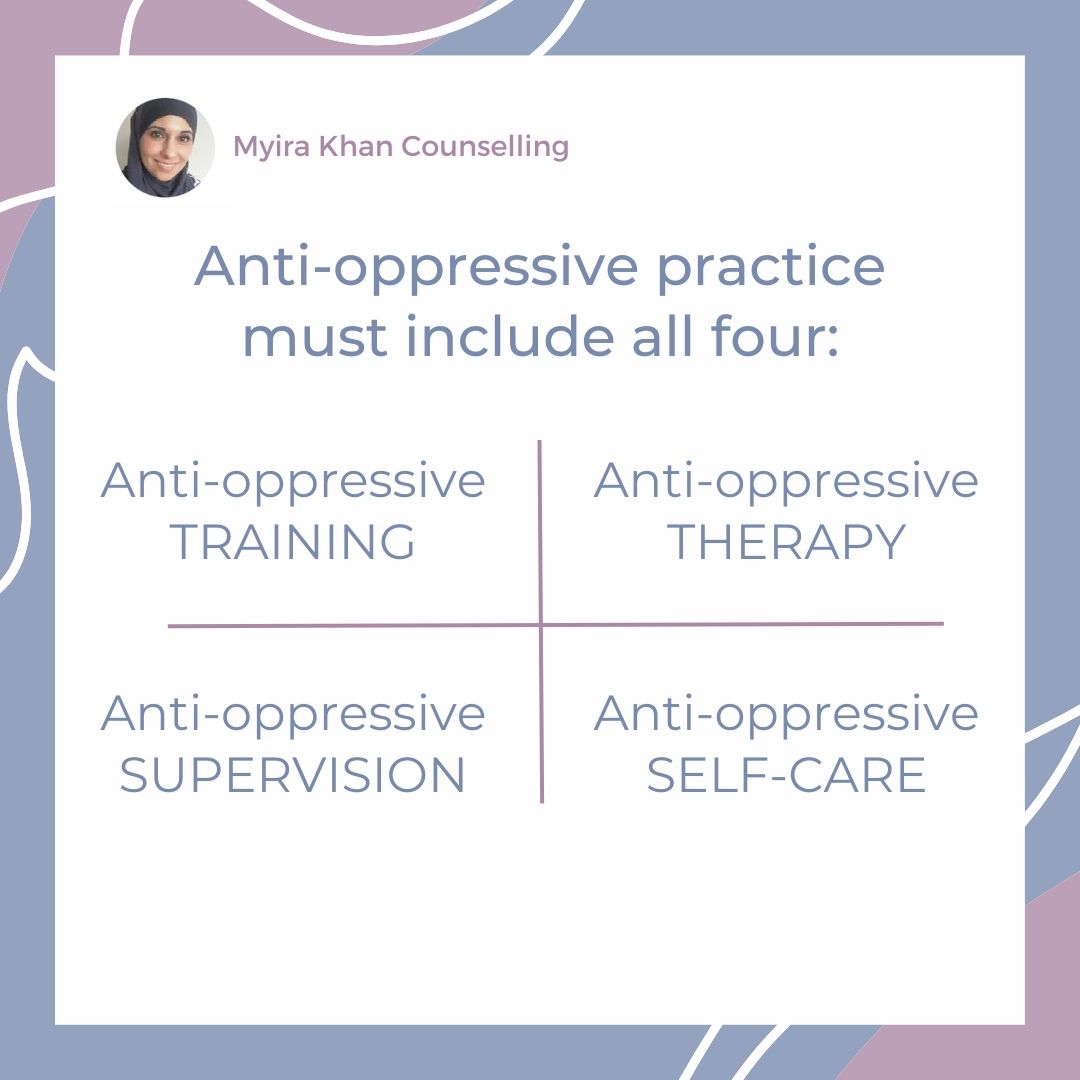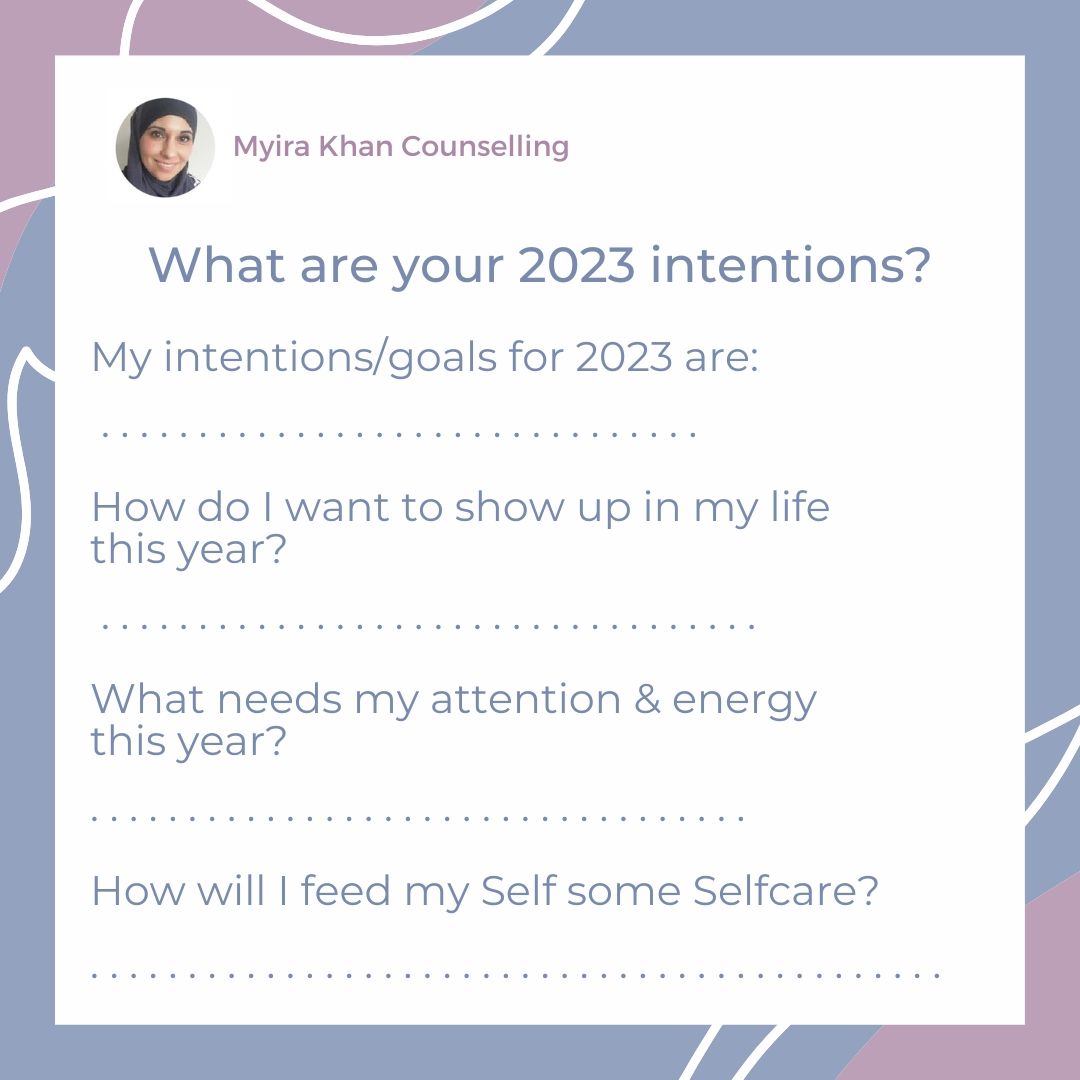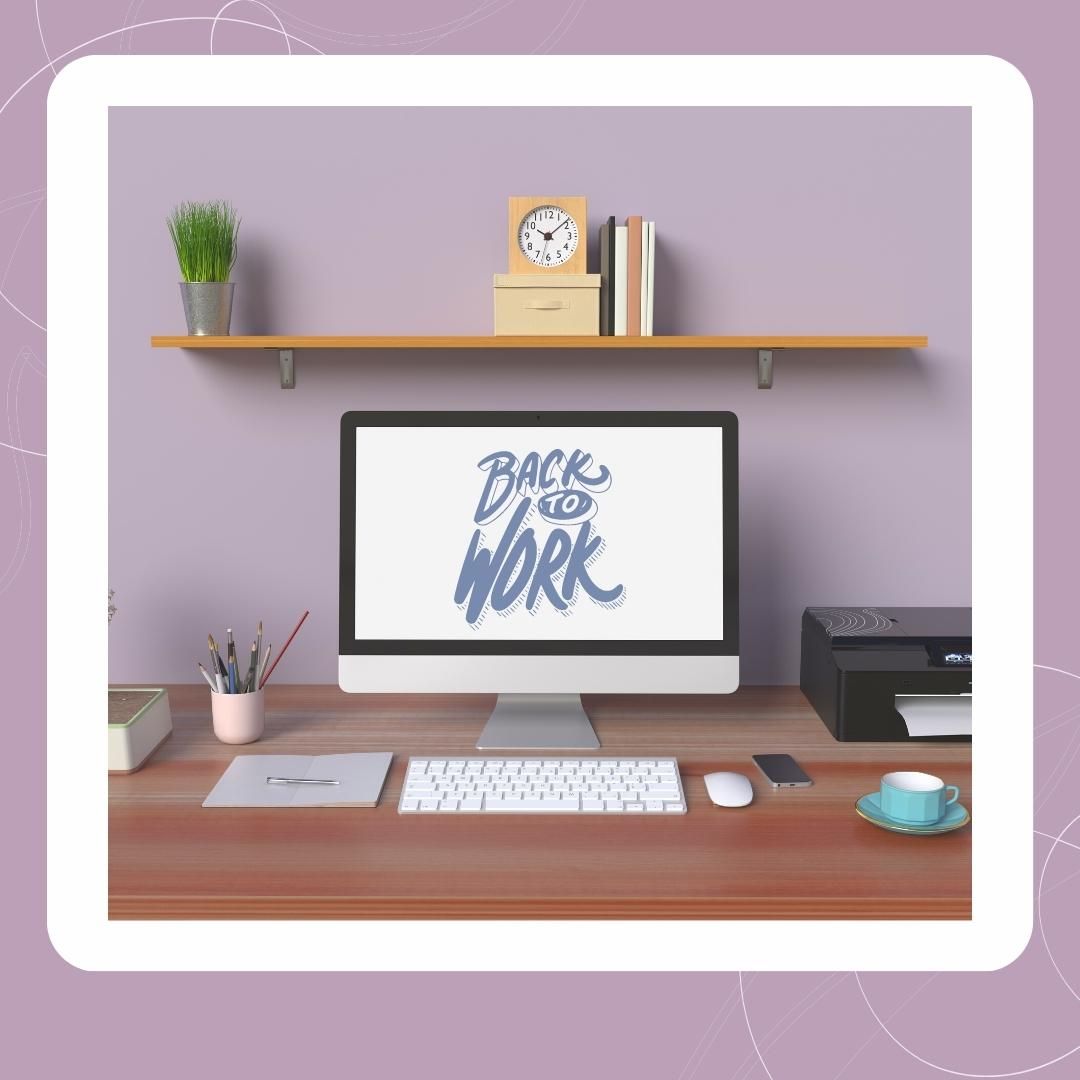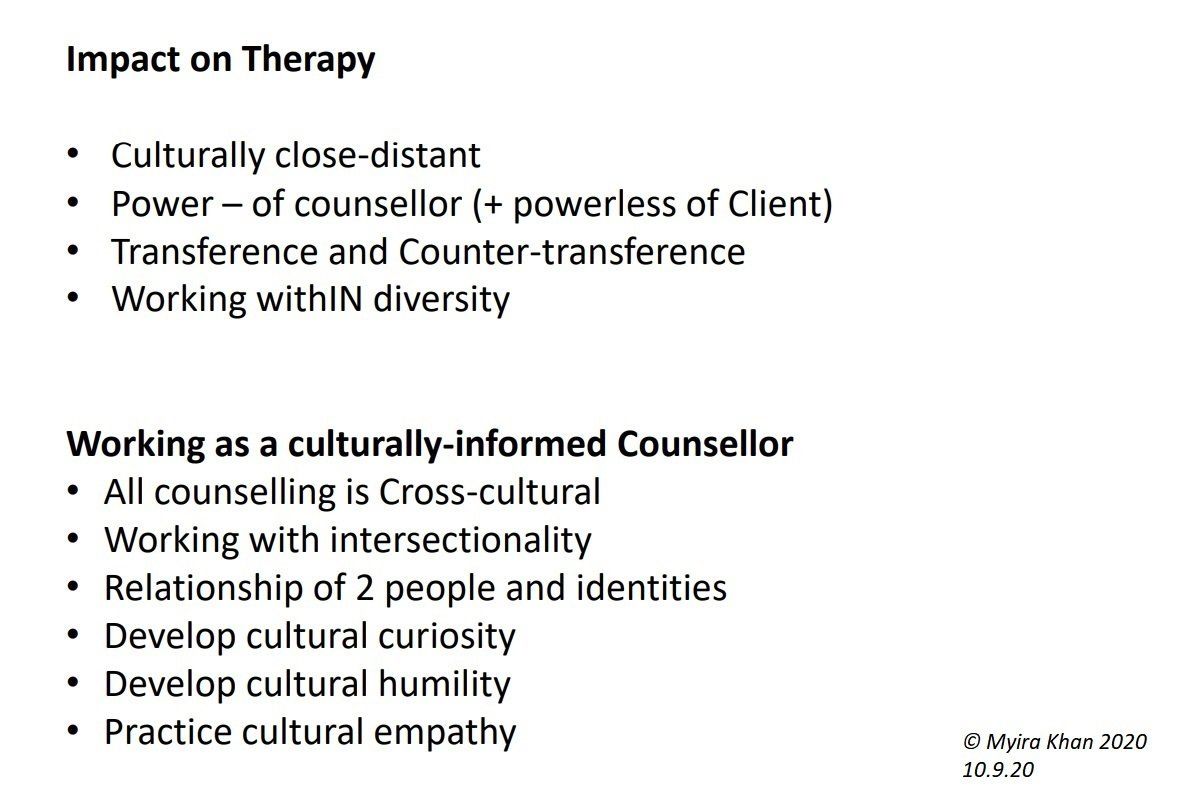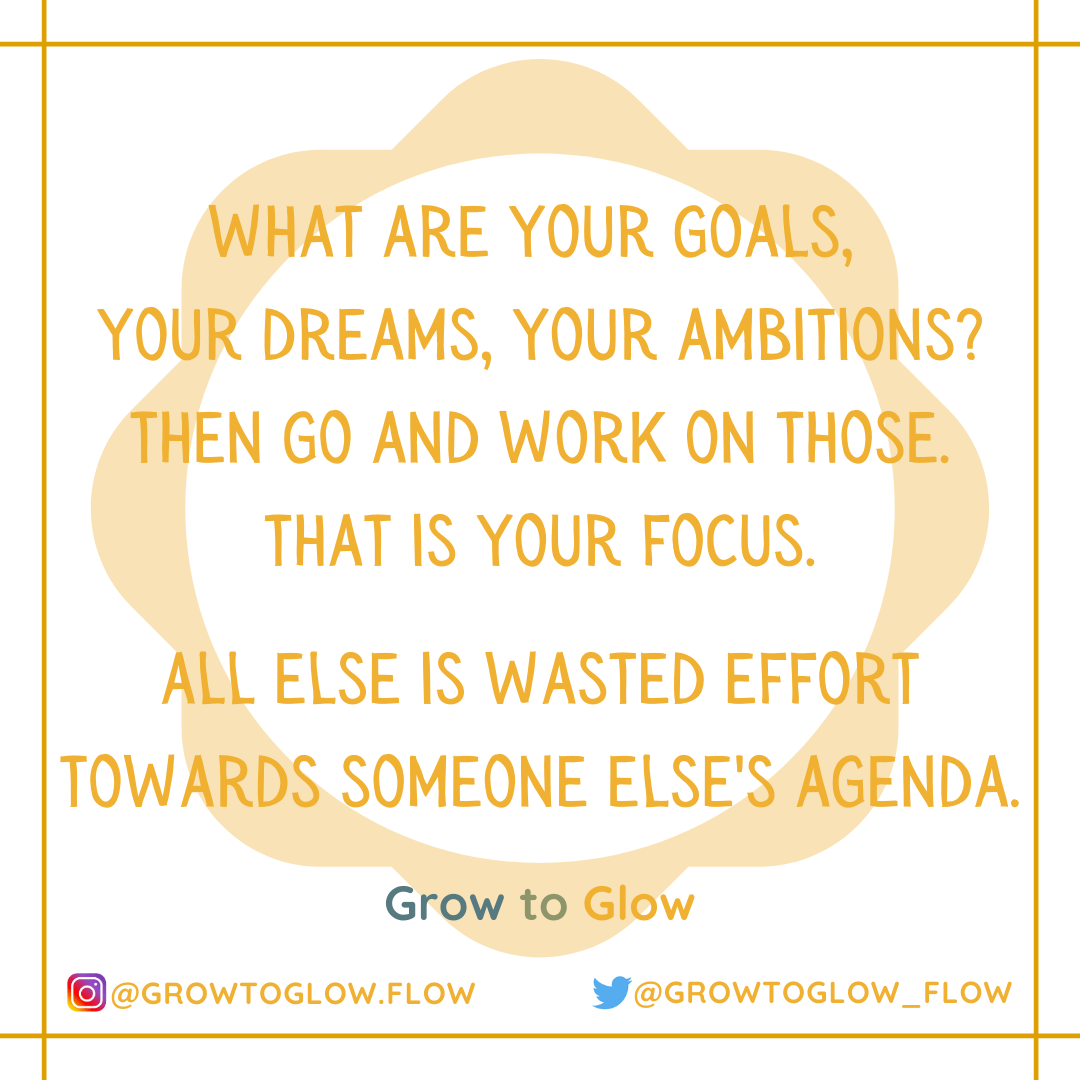Relationships: Feeling Connected #MHAW16
Relationships: Feeling Connected
What is a relationship?
The definition of a relationship is “the way in which two or more people or things are connected, or the state of being connected” or “the way in which two or more people or groups regard and behave towards each other”.
We all want to feel intimately and closely connections to others and this need for close connection is not only good for us, it is important for our physical and mental health.
Healthy Vs Unhealthy Relationships
It is important to note that being in a relationship or feeling connected to another does not automatically mean that the state of the relationship is a healthy one.
A healthy relationship includes:
·To feel closely connected.
·To feel accepted.
·To feel supported.
·To be respected.
·To be heard.
·To feel safe and comforted.
·When needs and wants are effectively communicated and fulfilled appropriately.
·When boundaries are established and respected.
·When trust is present and active, whereby thoughts, feelings, fears and concerns are shared and accepted without judgement or ridicule.
·No abuse (physical, mental, emotional, psychological) is present.
·Self-care is present and active, and encouraged for one another.
·Being able to be yourself genuinely.
An unhealthy relationship can include the absent or opposite of the healthy relationship list above. A main difference between a healthy and unhealthy relationship is the distinction of a relationship based upon equality in a healthy relationship opposed to an unhealthy relationship, which is based upon power and control of one person towards the other.
An unhealthy relationship may include behaviours, which exert power and control, such as insults, accusations of cheating, limiting your contact with others, making decisions on your behalf, physical violence or threats. It also includes a lack of boundaries within the relationship or a disrespect of any boundaries that have been set. For example, this may be checking the other person’s mobile without their consent or knowledge or checking up on the other person’s whereabouts, i.e. not respecting their privacy.
Feeling disconnected to others or in an unhealthy relationship can lead to difficulties or feelings of anxiety, despair, loneliness, depression, isolation or a downward spiral difficult to get out of, which are all a significant impact upon the state of our mental health.
Tips for healthy relationships:
·Communication: Share your thoughts and feelings and allow yourself to be heard and listened to. The bond will be strengthened when you communicate what is going on for you.
·Listen: Also be there for others; listen to their thoughts and feelings. Build a relationship of mutual support, care and love. Communication is a two-way process and can only be effective if you and others can both share as well as listen to the other.
·Be non-judgemental: Listen to others without judgement but with equality, care and respect. This builds a trusting and safe relationship without fear of rejection, dismissal or experiences of shame or humiliation.
·Focus on the other: Give your time and attention to others. We can be easily distracted by other things going on around us, checking our emails or glued to social media for the latest updates or tweets. When spending time with others, we can show how important the other person is, by focusing on them and giving them our undivided attention. This demonstrates our love, care and respect for the other person and how much we value them (i.e. they are more valuable to us than a Facebook update). Imagine how you would feel to be on the receiving end of someone paying you their undivided attention.
·Make time: Put aside some undisturbed time to spend with your loved ones. Living a busy life can easily find us not having connected or spent quality time with a family member, friend or group. This doesn’t have to anything extravagant or expensive. It could be having lunch together, watching a film, going for a walk or anything else that would be an enjoyable time for you together.
·Establish and maintain healthy boundaries: This is not about being selfish but creating a relationship in which equality and respect is valued for yourself, each other and the relationship. A healthy relationship requires space. This includes a balance of quality time together as well as apart, to be able to fulfil your own needs and for them to meet their own needs.
Myira Khan
Award-winning Private Counsellor (Leicester and Online) www.myirakhancounselling.co.uk
Founder of the Muslim Counsellor and Psychotherapist Network (MCAPN) www.mcapn.co.uk
Mental Health Heroes Award Winner 2015
07864 523 545
Myira Khan Counselling myira@myirakhancounselling.co.uk
Copyright
©Myira Khan, 2023. No part of this site, www.myirakhancounselling.co.uk, may be reproduced in whole or in part in any manner without the permission of the copyright owner. No part of the materials available through the www.myirakhancounselling.co.uk site, including the company name and logo, may be copied, photocopied, reproduced, translated or reduced to any electronic medium or machine-readable form, in whole or in part, without prior written consent from Myira Khan. Any other reproduction in any form without the permission of Myira Khan is prohibited. All materials contained on this site are protected by United Kingdom copyright law and may not be reproduced, distributed, transmitted, displayed, published or broadcast without the permission of the copyright owner.
